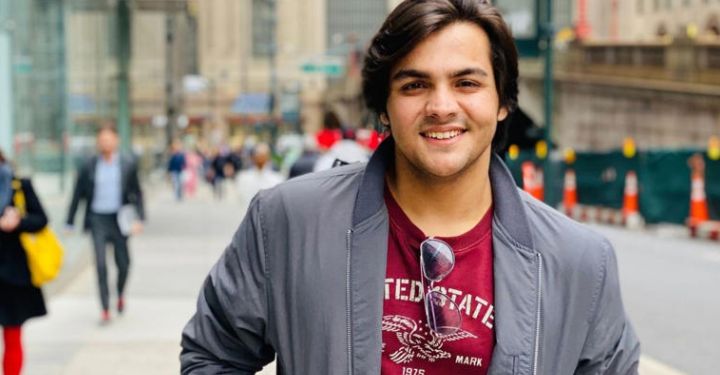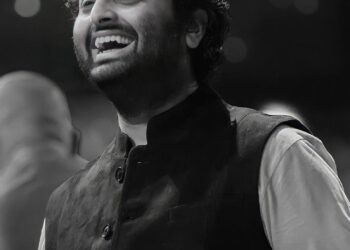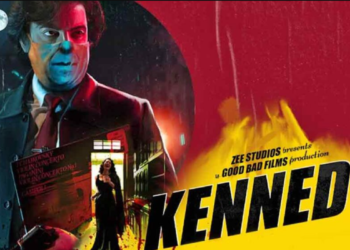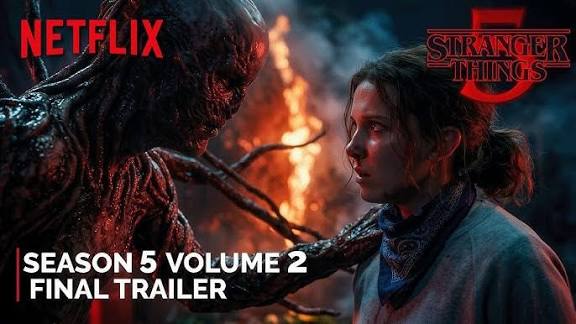In a significant legal development, renowned YouTuber Ashish Chanchlani has approached the Supreme Court seeking intervention in a case involving multiple FIRs filed against him for allegedly spreading obscene content through his videos. These FIRs have been registered by various states, accusing Chanchlani of offending public decency through his online content.
The plea, filed by Chanchlani’s legal team, questions the validity of the FIRs and argues that the charges against the YouTuber are an infringement of his freedom of expression. Chanchlani, who has a massive following on platforms like YouTube, has faced criticism for some of his videos, which have been accused of being vulgar and offensive by certain individuals and groups. However, Chanchlani and his supporters argue that his content is intended as humor and should not be subjected to legal action.
The Supreme Court’s decision to issue a notice regarding the plea has garnered significant attention from both the media and the public. Legal experts believe that the case could serve as a landmark ruling on the issue of online content regulation and the limits of free speech in the digital age. As online platforms like YouTube continue to grow, such cases raise important questions about how digital content is regulated and the extent to which content creators can express themselves without facing legal consequences.
Chanchlani’s appeal also highlights a broader issue regarding the role of digital platforms in shaping public discourse. While social media and video-sharing platforms like YouTube provide a space for creators to reach wide audiences, they also bring up concerns about the potential harm caused by offensive or inappropriate content. This case, therefore, has the potential to set important precedents for how the law views and regulates online content, particularly with regard to content that may be considered offensive to certain segments of society.
As the case progresses, it is expected that legal experts, content creators, and the public will continue to debate the issue of freedom of expression versus the need for regulation in the digital space.
For More News updates : https://asiapedia.in












